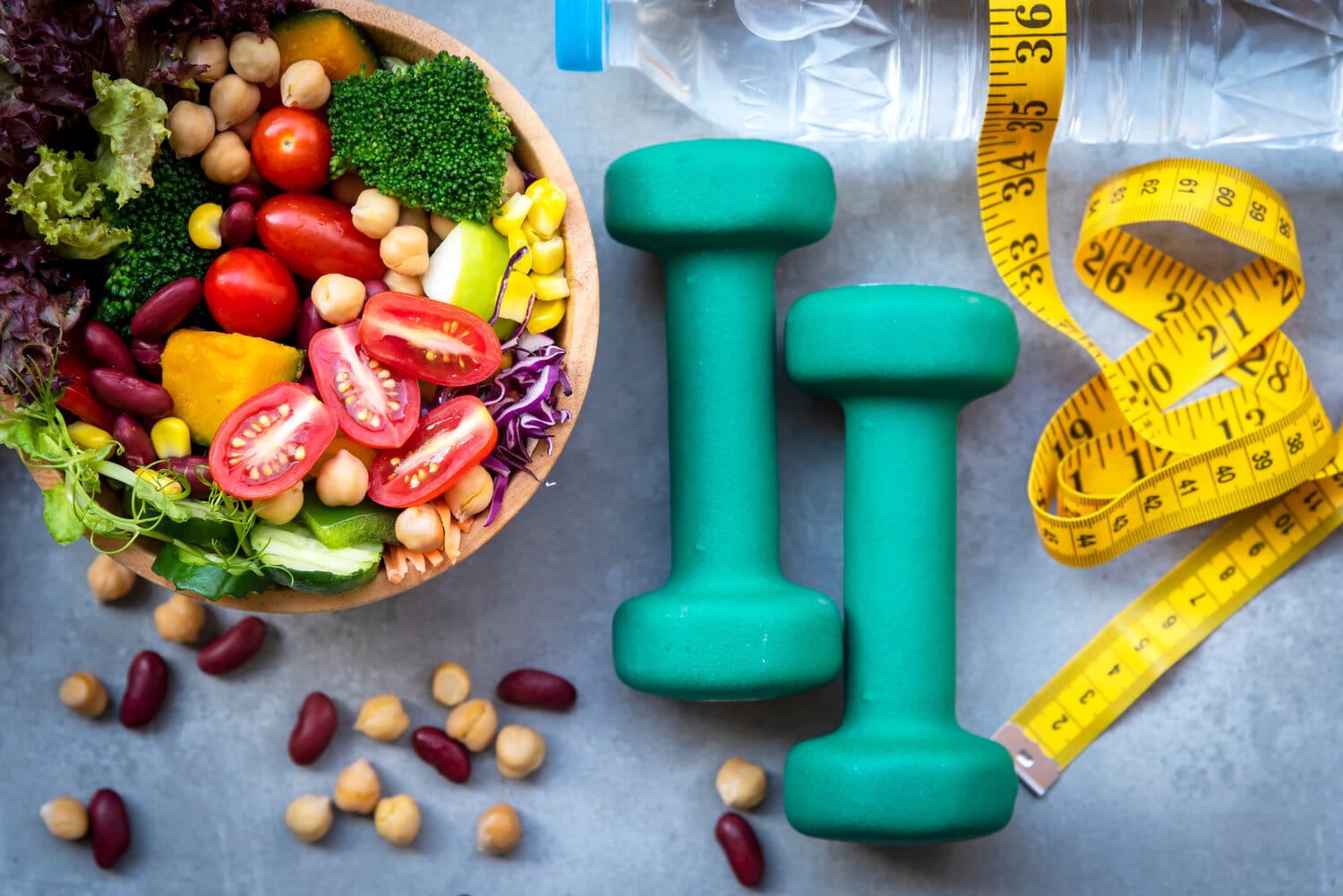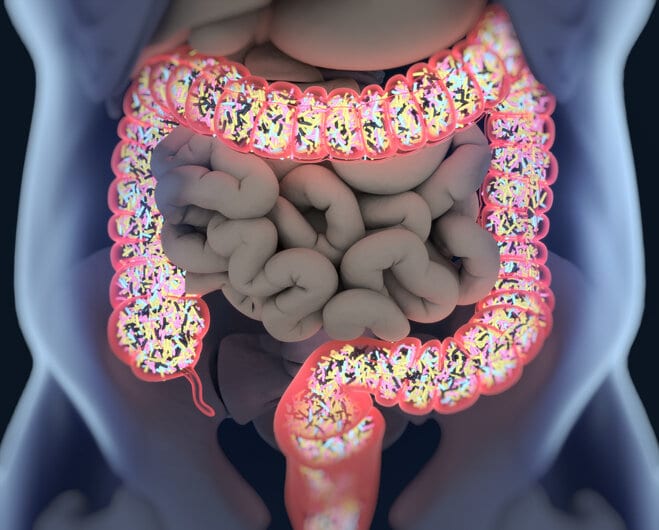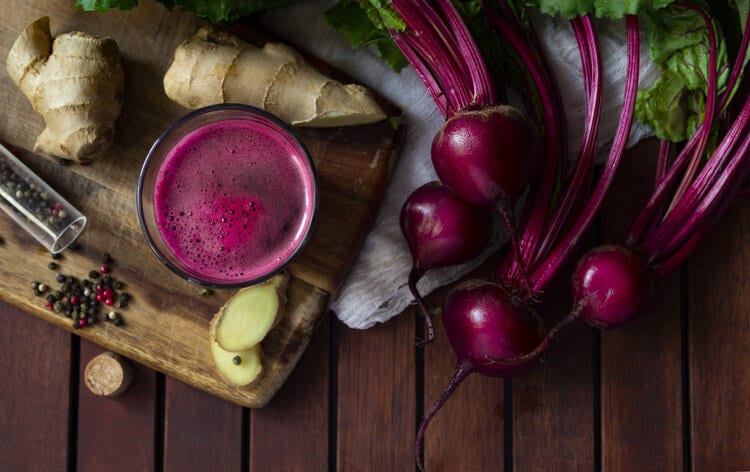These days there is a LOT of fear around Covid-19.
The government has given us directives on how to avoid or reduce exposure.
But we do not get any info on how to boost our immune function for when we do get exposed.
I use the word “when” and not “if” because viruses don’t just disappear.
Unfortunately, most likely all of us are going to be exposed at one point or another over the next 2 years.
There are many more unanswered questions than answered around immunity against Covid-19 and if and when herd immunity will occur.

In the meantime, we know that having certain chronic conditions makes a person more susceptible to complications or death from this virus. There is mounting evidence that severe obesity, heart disease (including hypertension), and type 2 diabetes are major chronic conditions that increase this risk. It seems that chronic inflammation is a common factor in many of the conditions that predispose people to a higher danger of severe illness from Covid-19.(1)
And unfortunately, a very high percentage of Americans have one or more of these diseases or suffer from chronic inflammation.
The situation is quite dismal.
I’m very disappointed that the government does not give any more than the most basic recommendations about how to boost immune function. No one can give any guarantees of course, but couldn’t they at least give us some basic guidelines?
I see lots of suggestions on how to protect yourself from getting the virus. But what kind of long-term plan is that? The only lifestyle factor they list on the CDC site is to get outside.
Wow! Is that all they got?
I don’t know about you but I would like to see more!
We are not just sitting ducks here.
Clearly our immune function plays some role in how we would respond to being infected with Covid.
In any case. I’m not going to claim I have all the answers. But I do think it is my duty to provide people with the basics on how to enhance immune function. There is plenty of science-based information out there on that!
In a past blog post I go through some suggestions for sleep, stress-management, and supplementation for boosting immune function. So please read that one too!
But here I want to talk about how your food and fitness can enhance your immune system through the microbiome (that is the bacterial population that inhabits your body, mostly your gut).
None of this will include any outlandish, difficult or potentially dangerous suggestions.

In this post and the other one on boosting immune function I have deliberately focused on things you can do right now that are simple, safe, AND proven to help your immune system function better.
So don’t worry. I won’t be telling you to drink disinfectant or hot water every 15 minutes, sleep naked, or some other bizarre recommendation.
This is all science-based and doable. AND most importantly, something you should be doing ANYWAY for basic overall health! (why the government can’t give out some basic guidelines like this is beyond me!)
Your gut bacteria affect immune function in a huge way!
Your gut bacteria TALK to your immune system. How cool is that!?
As a matter of fact, your microbiome (your unique bacterial population) plays a huge role in your immune function; actually helping to shape the immune system.(2)
Your microbiome helps your immune system recognize bacteria, fungi, viruses and other pathogens and helps direct the appropriate response.(2)
A healthy bacterial population means having diversity of species and a high volume of beneficial bacteria.(2)
When your bacterial population is healthy you will have a more stable, correct, and robust immune response.(2)

When there is “dysbiosis” it means the microbial population is out of whack and you may have not enough of the good bacteria and at the same time not enough species diversity. This can cause imbalances in immune cells and blunted or over-exaggerated immune responses.(2)
Here it is important to note that the complications from Covid are rooted in an over-exaggerated immune response.
And as stated above, chronic inflammatory conditions are risk factors for complications or death from Covid. And guess who directs inflammation in the body?
Why it’s your immune system!
So, it doesn’t take a rocket scientist to suggest that perhaps keeping a healthy microbiome will help protect you against severe complications from Covid-19.
Again, there are no guarantees and I’m not claiming you can prevent serious complications from Covid-19.
But I am saying why not boost your health anyway? Especially if you are worried. Worrying without taking action is just a waste of energy. But there ARE many things you can do to boost your health RIGHT NOW!
Not all inflammatory conditions are caused by dysbiosis (although some are) but having dysbiosis certainly will exacerbate inflammation systemically.
In order to reduce inflammation the root cause must be addressed. So if you have chronically elevated levels of insulin due to diabetes then you have to address that in order to reduce the inflammatory condition.
But you can work it from both angles; reduce the cause of inflammation while building up a healthy microbiome. This will give much more quick and lasting improvements in overall health.
And the cool thing is that through food and fitness you can help both: you can reduce inflammation and boost your microbiome at the same time!
I’m trying to empower you to take your health into your own hands. You do have some say in how your body responds to infection.
So, how do you reduce inflammation and build up your microbiome?
There are many fancy protocols you can use to help build a healthy microbiome but I’m not going to go into that. Simple is best right now!
Two very powerful and lasting ways to create a healthy microbiome are through FITNESS & FOOD.
Fitness
Your microbiome knows when you exercise AND the healthy bacteria love it!

Exercise is considered to be one of the main environmental factors affecting the microbiome.(3)
It can increase diversity and the metabolic function of your bacterial population.(3)
And a sedentary lifestyle can cause dysbiosis (imbalanced microbiome).(3)
There have been a few studies showing that athletes have better microbial diversity than non-athletes.(4)
The only thing to keep in mind is that over-training or performing intense exercise to exhaustion can adversely affect your microbiome.(3)
So, get out there and move! Just don’t overdo it!
I recommend aiming for a minimum of 30 minutes a day of exercise, PLUS being active in general.
Remember that a sedentary lifestyle can have a negative impact on the microbiome. It’s not just about killing it at the gym. It’s about moving throughout the day.
Taking a brisk walk daily is not only going to provide exercise it will also help you have a better mood and maybe even get some fresh air.
On top of that how about 10-15 minutes of strength training?
There are some fantastic YouTube channels with all kinds of strength training. There is Barre training, strength training, dance and fitness, pilates, and so much more.
Spend some time searching out the videos that you like the best.
This can make working out fun and effective.
Food
It doesn’t take a genius to know that what you eat will affect the bacterial population in your GUT! Duh!
However, our conventional medical system doesn’t seem to know or care about this.
Even though there are tons of studies showing that what you eat directly affects your microbiome.(5)
This effect is through proteins, fibers, fats, and micronutrients (vitamins, minerals, polyphenols), and of course added sugars, preservatives, and other chemicals.
Eating a large array of plant-based whole foods will positively impact the microbial population. This is through the fibers and the micronutrients.(6)
We also have learned that a healthy, whole-foods diet is the way to go. Supplements do not have the impact that food does. We need to focus on eating foods rather than taking supplements.(7)
And the good news is that by eating a whole-foods, balanced diet we can create a bacterial population that supports a reduced appetite and a more robust metabolism. Good stuff!(7)
What does this mean in practical terms?
It means you don’t have to spend a bucketload of money on supplements. Rather, it’s best to focus on eating whole, plant-based foods that are rich in fiber, minerals, vitamins, and polyphenols.
This includes lots of veggies, fruit, beans, nuts, seeds, and whole grains. This is nothing new! Throw in some fermented foods such as yogurt or kefir, sauerkraut, kombucha, and miso and you will be directly adding good bacteria to the mix.
But don’t forget the protein and healthy fats! Those are important for your microbiome as well.

Keep in mind that eating fresh, fiber-rich foods will boost the growth and flourishing of healthy and diverse bacteria. And avoiding processed foods, sugar, and bad fats will reduce inflammation in the gut.
You don’t have to sit and worry about your health. By being more physically active and by eating lots of veggies and whole-foods you will be doing a LOT to boost your microbiome AND reduce inflammation. And in so doing, you will boost overall immune function.
- Gopalakrishnan V, Helmink BA, Spencer CN, Reuben A, Wargo JA. The Influence of the Gut Microbiome on Cancer, Immunity, and Cancer Immunotherapy. Cancer Cell. 2018;33(4):570‐580. doi:10.1016/j.ccell.2018.03.015
- Ticinesi A, Lauretani F, Tana C, Nouvenne A, Ridolo E, Meschi T. Exercise and immune system as modulators of intestinal microbiome: implications for the gut-muscle axis hypothesis. Exerc Immunol Rev. 2019;25:84‐95.
- Núria Macha,b,* and Dolors Fuster-Botellaa. Endurance exercise and gut microbiota: A review. J Sport Health Sci. 2017 Jun; 6(2): 179–197.
- Mark L.Heiman1Frank L.Greenway2. A healthy gastrointestinal microbiome is dependent on dietary diversity. Sci Transl Med, 2009 Nov 11;1(6):6ra14. doi: 10.1126/scitranslmed.3000322.
- Childs CE, Calder PC, Miles EA. Diet and Immune Function. Nutrients. 2019;11(8):1933. Published 2019. Aug 16. doi:10.3390/nu11081933
- Hills RD Jr, Pontefract BA, Mishcon HR, Black CA, Sutton SC, Theberge CR. Gut Microbiome: Profound Implications for Diet and Disease. Nutrients. 2019;11(7):1613. Published 2019 Jul 16. doi:10.3390/nu11071613
